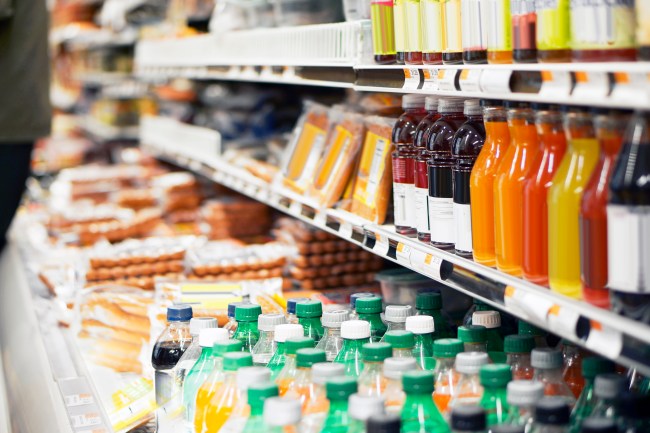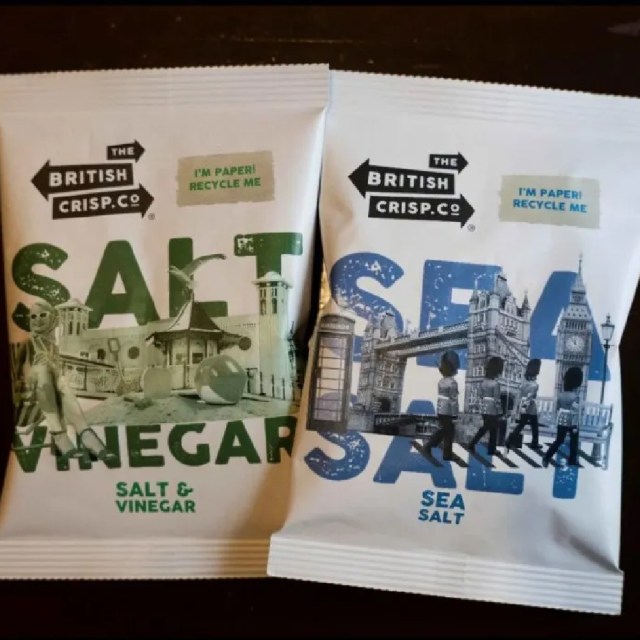
A new study1 by Aquapak, ‘FMCG flexible packaging: accelerating the move from plastic to paper’, based on research with 100 UK packaging experts responsible for packaging R&D, technology, design and sustainability for FMCG brands, highlights their concern over the use of plastic packaging by their business and the impact of microplastics in oceans, waterways and living organisms, including humans.
Over one third (37 per cent) of respondents said that they are extremely concerned and 63 per cent said they are quite concerned. Microplastics are tiny plastic particles up to 5mm in diameter that result from both commercial product development and the breakdown of larger plastics. In the last four decades, concentrations of these particles appear to have increased significantly and, as a pollutant, microplastics can be harmful to the environment and animal health.
The majority (84 per cent) of those surveyed said there should be much tougher regulations to help kerb the introduction of microplastics into the environment, with just 6 per cent disagreeing with this course of action, and 10 per cent didn’t know.
Whilst the majority (92 per cent) of those questioned plan to stop using plastic in their consumer packaging altogether and move to more paper-based materials, the timeframe for transition is still considerable, with only per cent expecting to achieve this goal by 2026, 27 per cent by 2027, 35 per cent by 2028 and 28 per cent by 2029. However, on a more positive note, 86 per cent said that their business is prepared to spend more on packaging to improve sustainability and end-of-life outcomes which, ultimately, will reduce the risk of harmful microplastics being released into the environment.
Over a half (56 per cent) said their business would be willing to pay 4 per cent – 5 per cent more for proven, environmentally friendly packaging materials, compared to existing plastics. One third said their business would pay between 6 per cent and 9 per cent more, and 8 per cent said between 10 per cent – 20 per cent more.
Taking a longer-term view, one quarter expect their business to increase its investment in packaging material with better recyclability and end of life outcomes dramatically, 40 per cent expect it to increase slightly and 35 per cent expect it to stay the same as today.
Dr John Williams, chief technical officer at Aquapak, said: “Microplastics are one of the most problematic consequences of plastic in the environment. The truth is that we are only just starting to fully understand the damage they are causing to the food chain and the long-term effects they will have. Our research shows that the FMCG sector is very conscious of the problem, but the pace of change remains slow.
“New packaging materials such as Hydropol, an innovative polymer developed by Aquapak, already exist which do not harm the environment when they come to the end of their useful life and still provide the functionality and product protection needed. In the case of Hydropol, it breaks down without the formation of harmful microplastics.”
1 Research conducted by PureProfile with 100 packaging experts working for FMCG brands in the UK, in March 2024
Comment below to have your say on this story.
If you have a news story or tip-off, get in touch at editorial@propack.pro
Sign up to the ProPack newsletter


